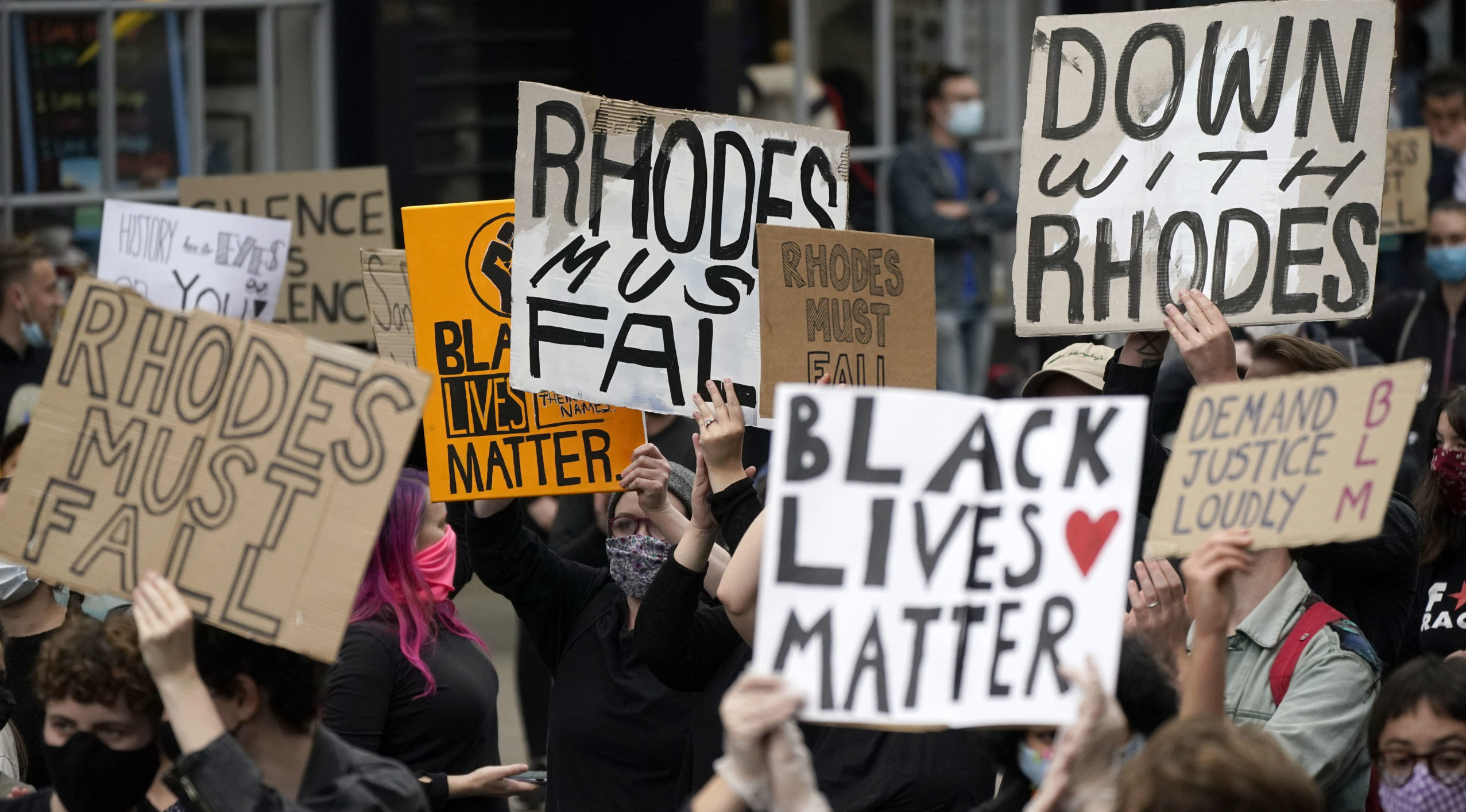Georgia and Iowa have both moved in the direction of abolishing tenure for academics at publicly-funded universities. This is a misguided policy that will bolster the hand of illiberal Leftists who are increasingly demanding the firing of academics who transgress the sacred race, sexuality and gender totems of woke ideology.
Tenure permits academics to challenge the government, their university, and the sacred values of an ideology such as cultural socialism without risking their job. It is essential for academics to have this security so they can speak out — which is why most of those who have challenged the illiberal Left have been tenured faculty like Dorian Abbot of the University of Chicago.
Aghast at the Left-wing ideological monoculture that has formed in universities — especially the social sciences and humanities — many conservatives and classical liberals want to burn the system down. Cut funding, let new providers emerge who will signal to prospective customers. People will vote with their feet for truth, open-mindedness and low cost over conformity to the ideology of Equity, Diversity and Inclusion.
Even highly sensible centrists like Michael Lind and Richard Hanania espouse the need for cuts and the bracing winds of the Schumpeterian free market, believing that the entire university-industrial complex will collapse of its own contradictions.
I’m not against markets, but I’m afraid this view is utopian, and those that cleave to it will wind up abetting, not impeding, the Left’s colonisation of young minds.
There’s a good reason why most of the top universities in the US and Britain today are at least a century old while few top corporations are. Higher education is an object lesson in market failure. First, there are powerful network effects based on reputation and alumni. The longer a university has been around, the stronger its reputation, which attracts more high-quality students, produces more rich alumni, increasing its budget, improving its facilities, raising its profile further.
Second, universities are a Giffen Good: higher prices attract better students and wealthier peers. These create a more exclusive customer base, which in turn pulls more elite customers in. I recall interviewing once at Northeastern University and being told that when they jacked up their fees, they got more applications from better students. Universities are a kind of luxury good in an affluent society, which makes people spend more to acquire the status symbol of a degree, and makes universities reluctant to reduce their prices. Universities also compete in a status game with other providers in which cutting prices or entry grades is seen to cheapen one’s reputation.
Third, universities provide the credentialing mechanism and a marital meet-market for the aspiring post-industrial status elite. Once again, the status system drives people toward universities. If they didn’t exist, something similar (finishing schools?) would pop up to take their place.
Utopian talk of slashing, burning and renewal raises false hopes for a quick fix, diverting attention from what works: academic freedom legislation, alongside the creation of a free speech bureaucracy populated by those committed to classical liberal values.
New free speech universities will be important in creating space for the conservative and classical liberal ideas that have been driven off campus by the tenured radicals who increasingly shape the climate of higher education. But the only lasting solution is for governments to regulate universities with proactive free speech offices like the UK’s new Director of Academic Freedom that can protect staff and students from cancel culture, political discrimination and activist administrators.











Join the discussion
Join like minded readers that support our journalism by becoming a paid subscriber
To join the discussion in the comments, become a paid subscriber.
Join like minded readers that support our journalism, read unlimited articles and enjoy other subscriber-only benefits.
Subscribe